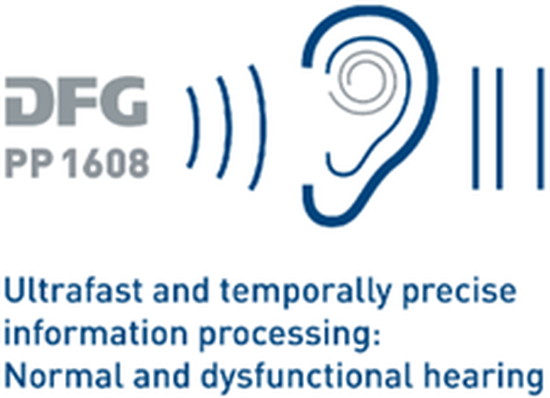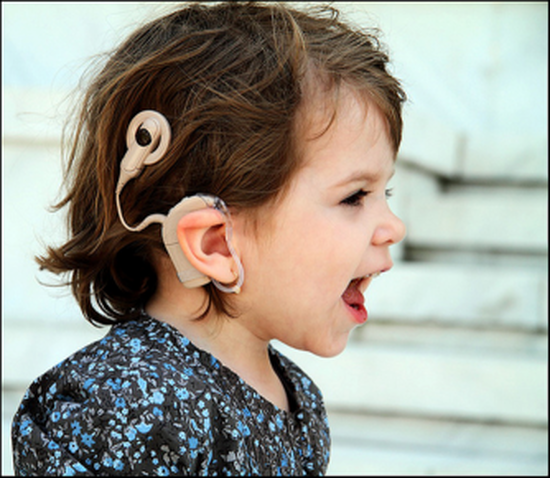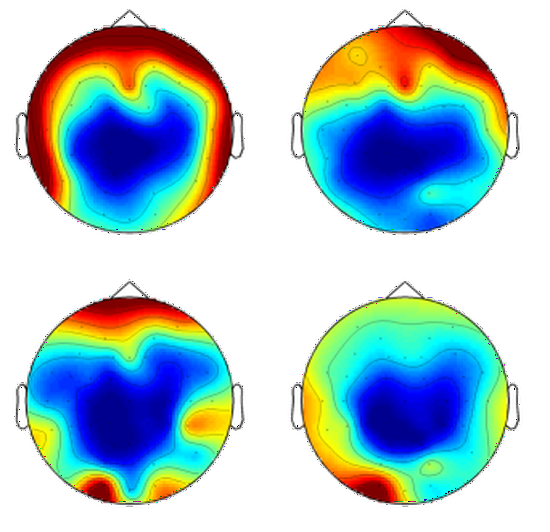Andrew William Curran
Engineer, Scientist, and Freelancer
enpact
Leibniz Institute For Neurobiology
University Clinic Magdeburg
Summary
Andrew Curran is an engineer, a scientist, and a freelancer. At the moment, he is branching out in his professional life to find the role that suits him best. Likely, it will contain some mixture of programming, data analysis, statistics, visualization, and communication, as these are all skills he highly values in himself and enjoys.
Interests
- Auditory Neuroscience
- Data Science
- Teaching/Workshopping
Education
PhD in Auditory Neuroscience (Ongoing), 2020
Julius-Maximilians-Universität of Würzburg
M.Sc. in Biomedical Engineering, 2016
Fachhochschule Aachen
B.Sc. in Mechanical Engineering, 2013
University of Toronto


